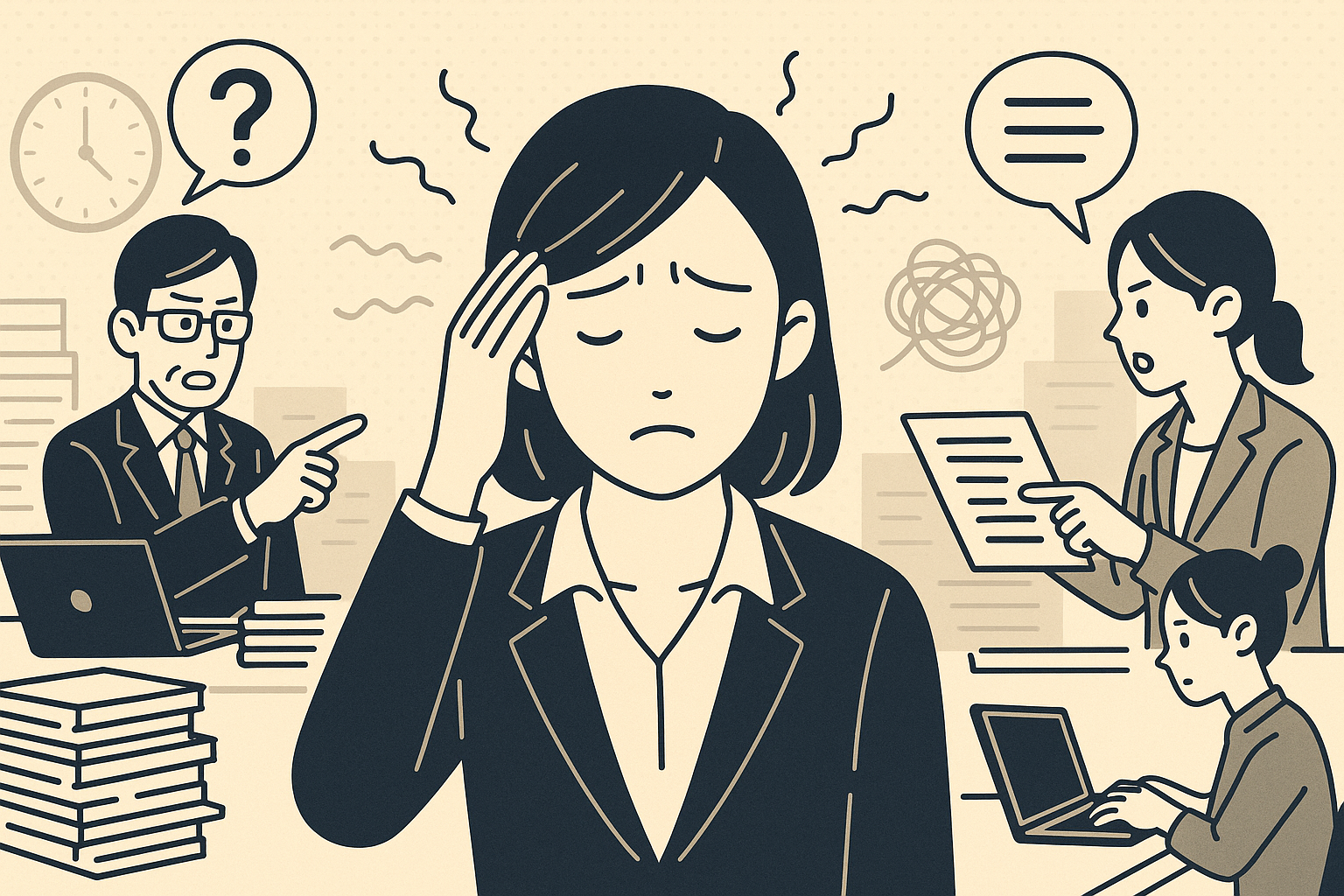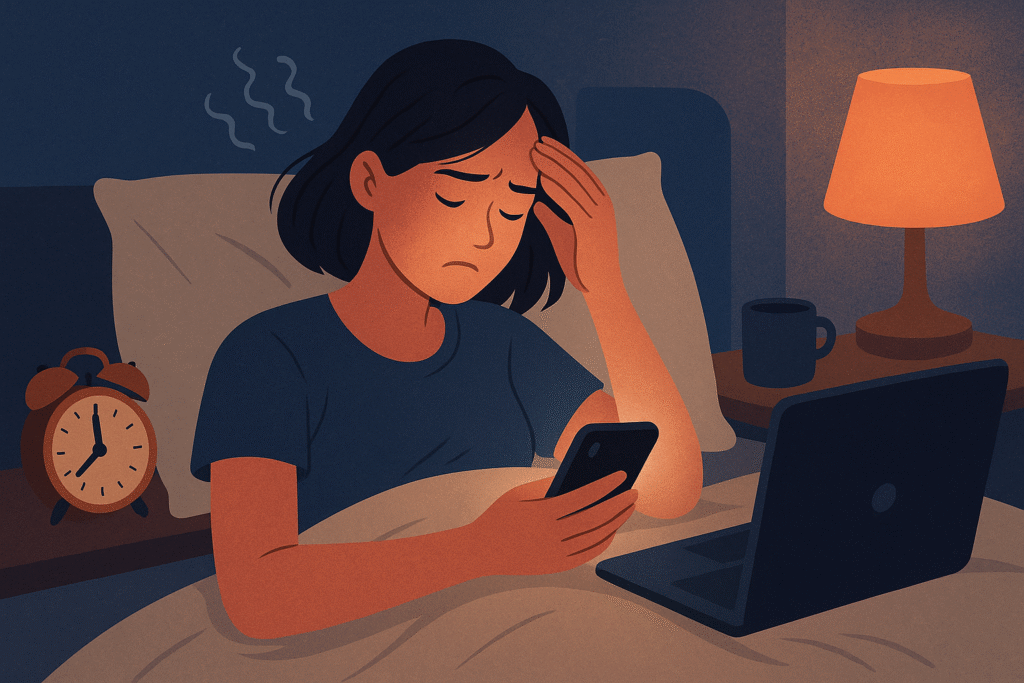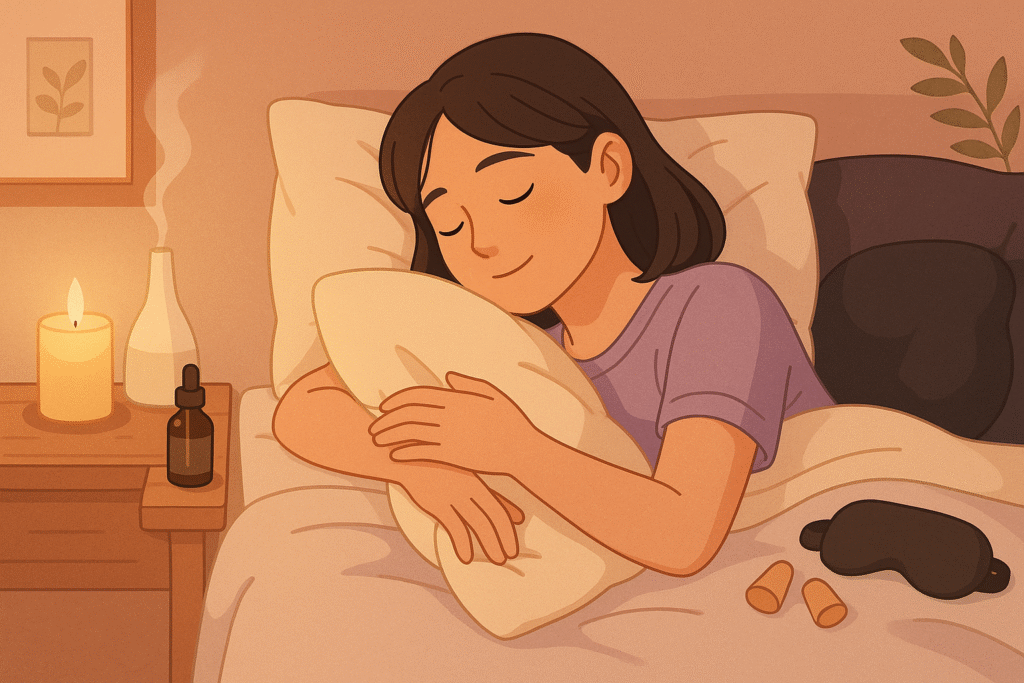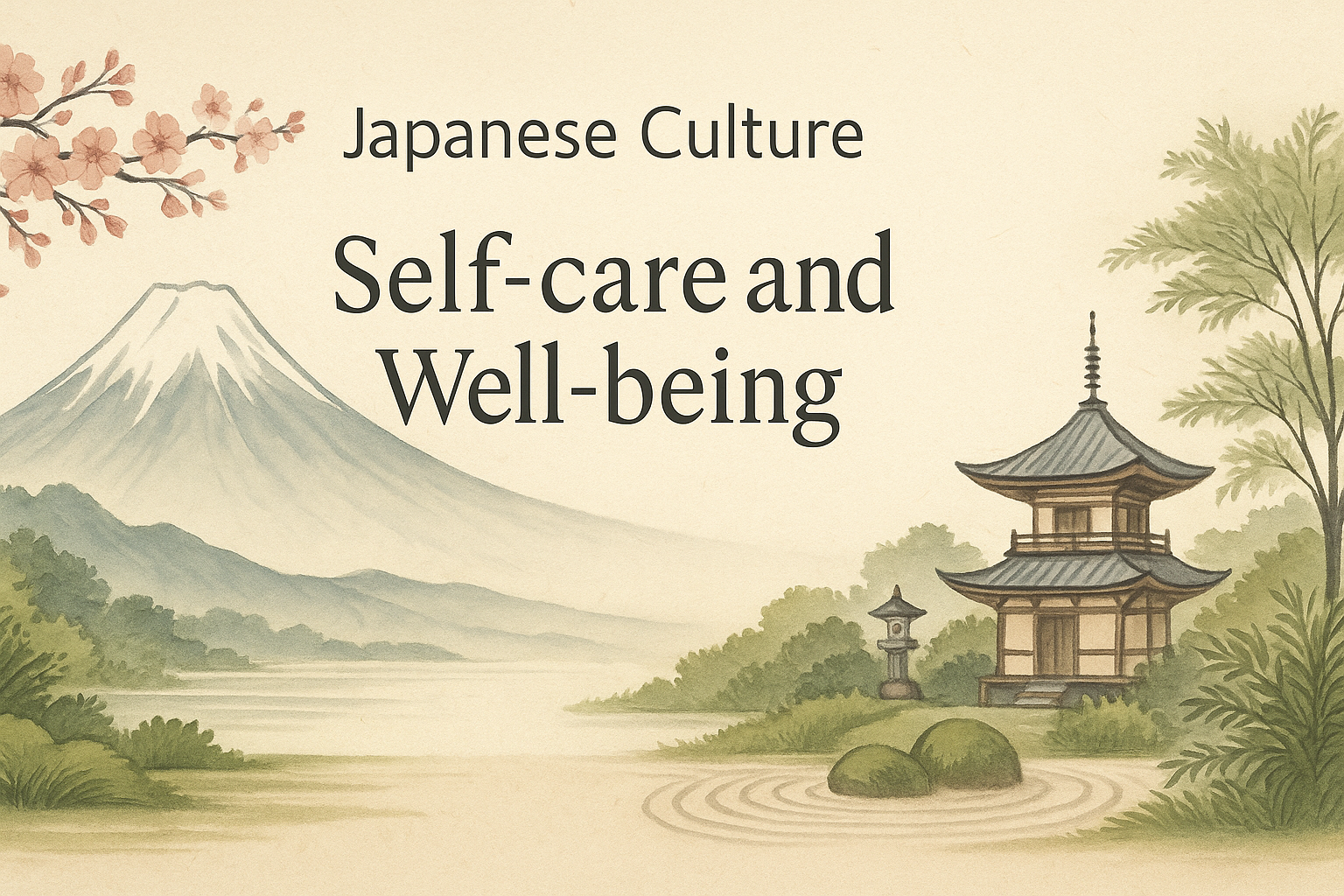Many working women in Japan struggle with deep rest after long, demanding workdays. This article explores how a Japanese working woman, a busy professional in Tokyo, overcame her sleepless nights. You’ll also find practical tips that foreigners living in Japan or Japanese culture enthusiasts can apply to their own routines. (Related article in Japanese | 頑張りすぎたOLが見つけた、“ちゃんと休める夜”の整え方)
- How Japanese Work Culture Affects Women’s Sleep Habits
- Common Sleep Challenges for Japanese Working Women
- Japanese Self-Care Tips for Better Sleep: Advice for Foreigners
- A Story: Japanese Evening Rituals to Improve Sleep Quality
- Practical Sleep Improvement Tips Inspired by Japanese Self-Care
- Why Japanese-Inspired Self-Care Rituals Can Improve Sleep and Well-Being
How Japanese Work Culture Affects Women’s Sleep Habits
In Japan’s fast-paced corporate culture, especially in large cities like Tokyo, it’s common for professionals to work long hours and socialize late into the evening. Women often juggle leadership roles while maintaining high social expectations. This “overwork culture” contributes to stress and sleep deprivation, yet sleep itself is culturally treated more as a necessity than a quality experience.
Japanese homes traditionally favor compact spaces and subtle ambient design, which naturally lends itself to thoughtful self-care rituals, like herbal teas and aroma therapy. Understanding these small but meaningful habits can help visitors and foreign residents adopt calming routines.

Common Sleep Challenges for Japanese Working Women
Many Japanese working women face difficulties achieving quality sleep, even when they allocate sufficient hours for rest. Long working hours, late-night meetings, and after-work social obligations can extend the day well into the night. Additionally, heavy smartphone and computer use before bed overstimulates the brain and delays the natural wind-down process.
Stress related to work performance, social pressures, and perfectionism also keeps many women’s minds active in bed, contributing to shallow sleep or frequent awakenings. This pattern can lead to chronic fatigue, irritability, and decreased productivity, creating a negative cycle that is difficult to break without intentional lifestyle adjustments.

Japanese Self-Care Tips for Better Sleep: Advice for Foreigners
Many foreigners living or working in Japan may experience similar sleep challenges as Japanese professionals, especially when adapting to long work hours or dense urban living environments. However, Japanese self-care practices offer practical and culturally grounded strategies to improve rest.
Here are key insights and suggestions:
- Recognize that sleep quality matters as much as sleep quantity. Even if you sleep 7–8 hours, a restless mind or an overstimulating environment can reduce the restorative value of sleep.
- Create a calming home environment. Use warm lighting instead of harsh overhead lights, and add soothing scents like lavender or yuzu essential oils to promote relaxation.
- Limit excessive smartphone and laptop use before bedtime. Blue light from screens delays the natural production of melatonin, the hormone that regulates sleep.
- Develop “wind-down rituals” that signal your mind and body that it’s time to rest. This can include drinking herbal tea, taking a warm bath, or listening to soft music—all common elements of Japanese evening routines.
Understanding and incorporating these simple but effective habits can help foreign residents not only sleep better but also feel more integrated into Japanese lifestyle culture.
A Story: Japanese Evening Rituals to Improve Sleep Quality
M-san, an ambitious team leader at a major company in Tokyo, frequently worked until almost midnight. Despite “sleeping,” she often felt unrested. Her mind stayed busy even in bed, filled with thoughts about the next day’s meetings and responsibilities.
She revealed to friends that she felt exhausted despite getting hours of sleep. Her evenings were dominated by unfinished work running through her mind, leading to light, unsatisfying sleep. Motivated by this experience, we explored solutions together. The turning point came when she realized that rest wasn’t simply about going to bed early—it was about preparing herself mentally and physically for rest.
She began incorporating small self-care practices that respected both her body and mind. Gradually, she felt “ready” for sleep, and within a week she noticed improvements: faster sleep onset, better rest, and no more “catch-up sleep” on weekends.
Practical Sleep Improvement Tips Inspired by Japanese Self-Care

How CBD Oil Helps You Wind Down at Night
A few drops of CBD oil under the tongue helped M-san quiet her thoughts. CBD oil is increasingly popular in Japan and can offer a natural way to promote relaxation and establish a clear boundary between work and rest time.
Best Japanese Herbal Teas for Sleep Improvement
Non-caffeinated herbal blends, such as those with loquat leaves, became her evening comfort ritual. The act of slowly drinking warm tea itself helped shift her mindset toward rest, a ritual commonly valued in Japanese culture.
Japanese Aroma Therapy and Lighting for Better Sleep
Lavender and citrus essential oils diffused in her bedroom, paired with candle-style warm lighting, transformed her room into a personal retreat—a mindful environment that supports rest.
Glycine-Infused Recovery Drinks to Support Restful Sleep
M-san added glycine-infused recovery drinks before bed to reduce physical fatigue and promote overnight recovery.
Additional Japanese-Inspired Products to Enhance Your Evening Routine
Night bras: Supporting body comfort and self-care awareness.
Eye masks: Reducing eye strain after long hours at the screen.
Body pillows: Promoting better sleep posture.
Earplugs: Minimizing noise distractions while still allowing important sounds, like alarms.
Why Japanese-Inspired Self-Care Rituals Can Improve Sleep and Well-Being
M-san’s story reminds us that rest is not just about time—it’s about creating an intentional space and routine that allows your mind and body to truly recover. This mindset is deeply embedded in Japanese culture, where small daily practices—such as tea rituals, bath rituals, and calming home environments—are valued for their power to restore balance.
For foreigners living in Japan, or anyone interested in Japanese lifestyle practices, embracing these evening self-care rituals can offer more than just better sleep; they provide a sense of rhythm and control over life’s daily stresses. These rituals encourage us to pause, reflect, and honor our need for restoration.
If you find yourself saying, “I’m sleeping but not feeling rested,” it may be time to step back and rethink not just how long you sleep, but how intentionally you prepare for rest. Even small changes—lighting a candle, drinking a warm herbal tea, diffusing essential oils—can help create a personal sanctuary that promotes well-being.
By adopting just one of these practices tonight, you may begin to notice a healthier, calmer rhythm to your days and nights—and discover why these Japanese-inspired habits are worth integrating into your own lifestyle.


Comments